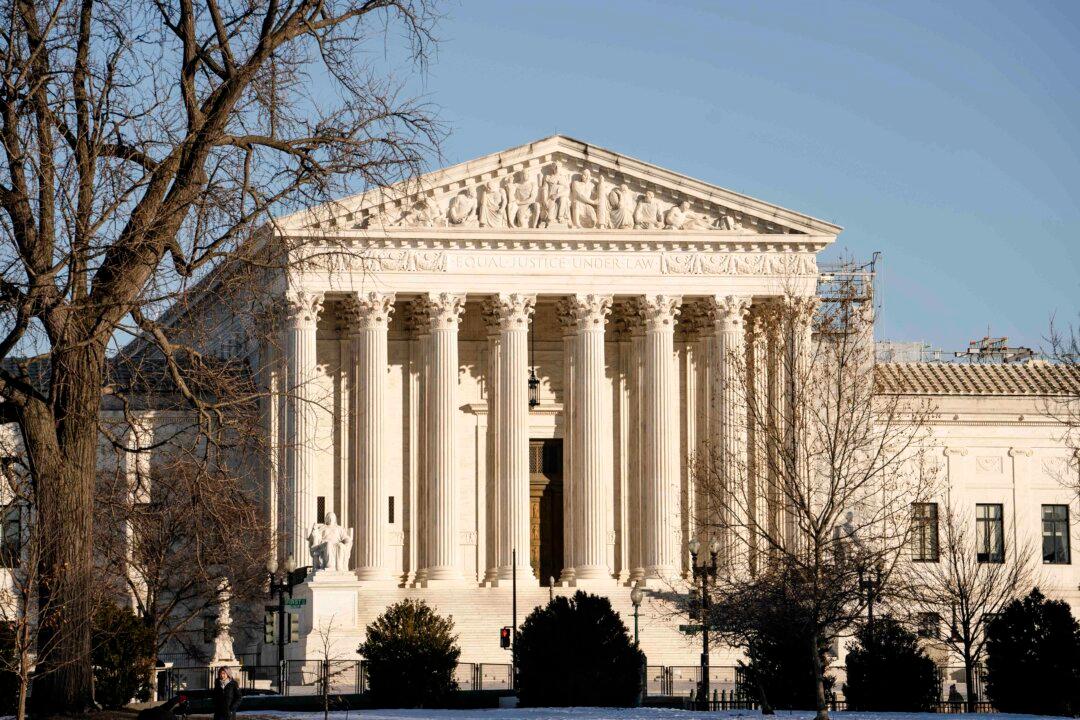The U.S. Supreme Court on Jan. 17 turned away TikTok’s request to halt a federal law requiring indirect owner ByteDance to divest itself of the company by Jan. 19 or cease U.S. operations.
The nation’s highest court took action in the fast-tracked case seven days after oral arguments on Jan. 10 in TikTok Inc. v. Garland and its companion case, Firebaugh v. Garland.





